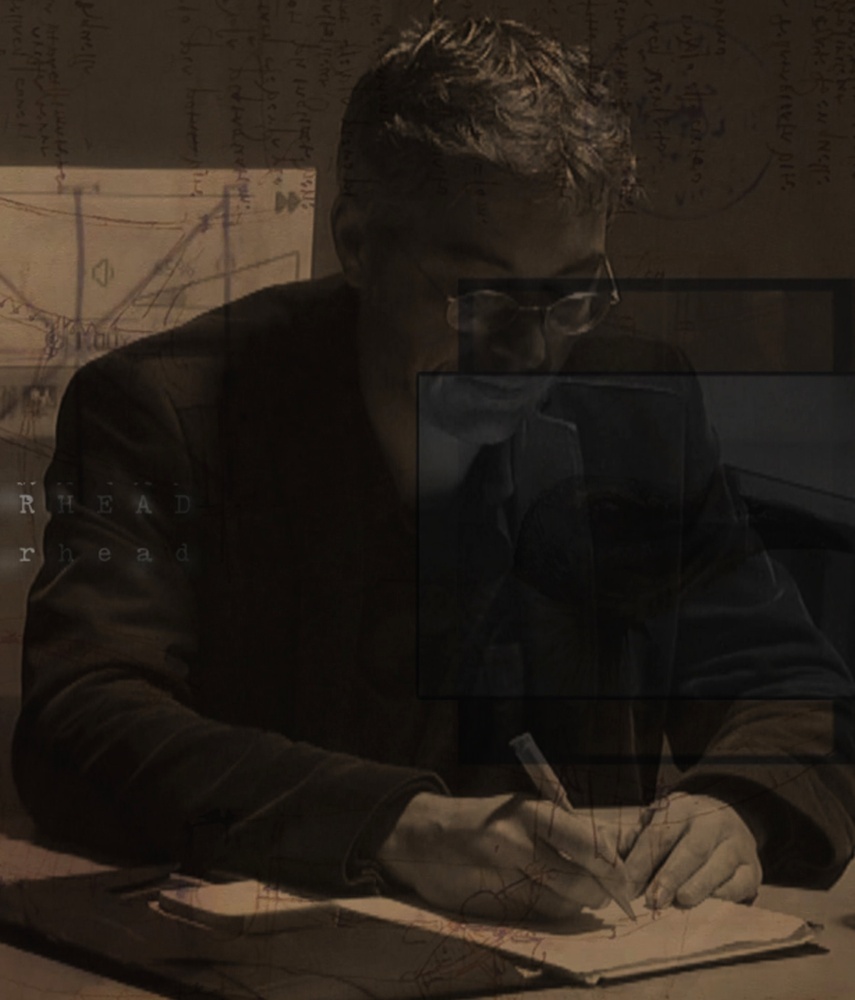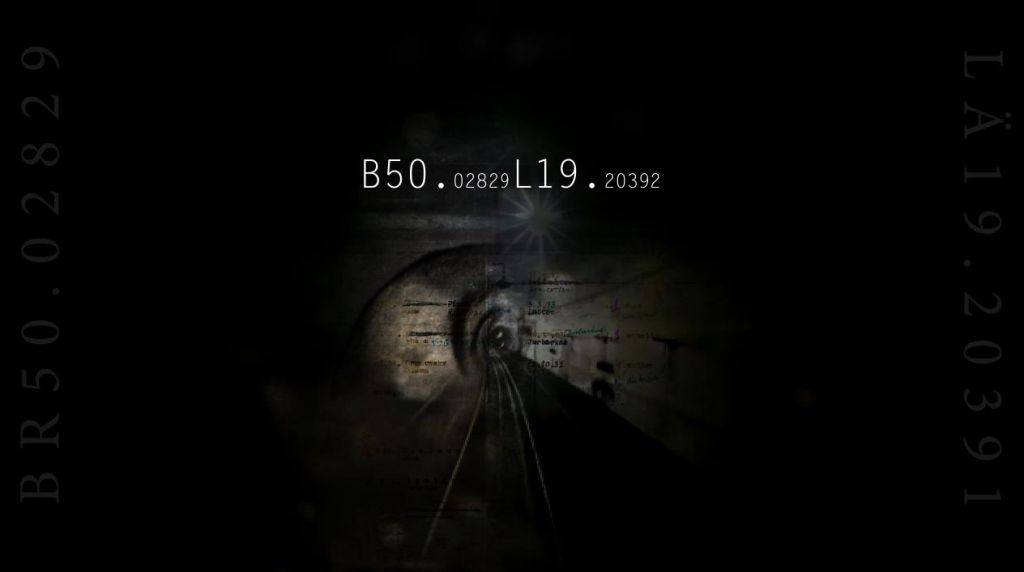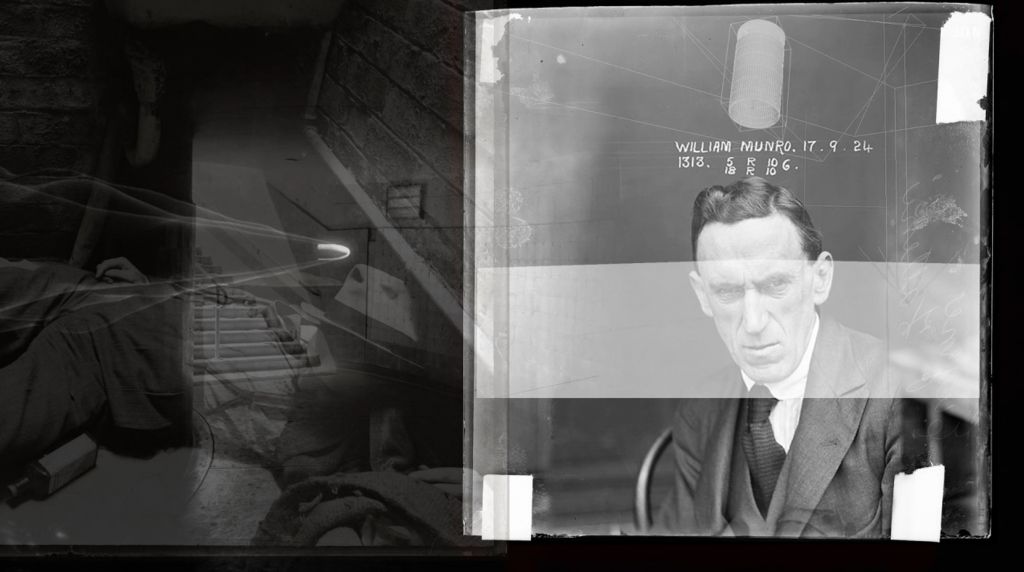Roland Quelven

Born in 1967. Lives in Brittany. Graduated in mathematics, painter, video artists and sound collagist. He collaborates with various artists, is involved in several collaborative projects, and his works are screened in many international videoart festivals. In 2009 he created the multimedia project «Napolecitta or the fractals virtues of Detail»: digital and sound collages, flash animations in a website devoted to a description of an ancient imaginary city named Napolecitta (fusing Napoli and Cinecitta). Since 2010 the ancient city has become an encyclopedic and imaginary world also named Napolecitta. Most of the videoworks are numbered, gathered as a register, an imaginary official record, a combination of numbers, maps, writings, paintings, masterpieces of Art history, video footage, video materials recorded digitally assembled as palimpsests. All this seen through the prism of the Detail. The reality concentrates as the fragment stands out… seeing through the prism of the Detail, whether iconic or pictorial, produces always the same effect: an « invitation to travel inside.
http://vimeo.com/rolandquelven
http://www.cinely.com/roland.quelven/
Interview VideoChannel Interview Project / Article by Claude Guibert
Films
- Death Fugue B50.02 L19.203' 15''
Death Fugue B50.02 L19.20Production: 2013
Audio:
Music/ Tania Giannouli
Voice/ Paul Celan Reading TodesfugeA Death Fugue to 50°02'N - 19°10'E (Auschwitz-Birkenau coordinates).
"Dawn came on us like a betrayer; it seemed as though the new sun rose as an ally of our enemies to assist in our destruction.” Primo levi.
read more
- Jenseits des Lustprinzips6' 27''
Jenseits des LustprinzipsProduction: 2014
Audio:
Intro/ Hungarian Level Water report
Sound/ Roland Quelven
Voice/ Sigmund Freud & Melancholy Maaret
Footage: Sydney Police photographs dating from 1912 to 1948A bicephalous collaboration transcribed into a diptych composition related to Freud's book «Beyond the pleasure principle». Through an examination the role of repetition compulsion in potentially over-riding the pleasure principle, Freud ultimately developed his opposition between Eros, the life instinct, and Thanatos, the death drive.
read more


